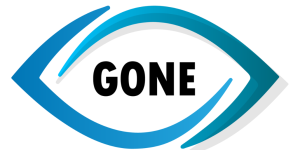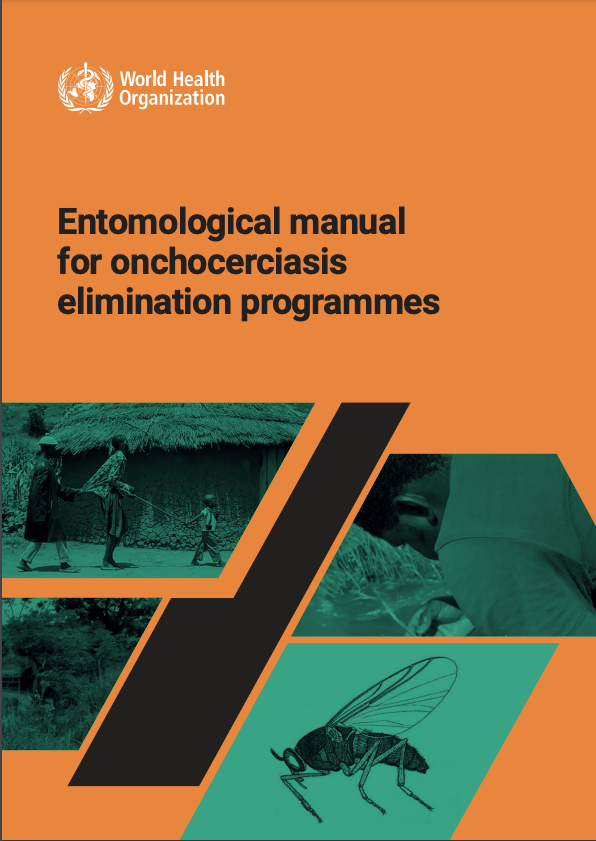New video series examines the keys to success with Mectizan

Historic first meeting of GONE: November 1 & 2
The Mectizan Donation Program is pleased to support the first meeting of the Global Onchocerciasis Network for Elimination (GONE) on November 1 and 2 in Senegal. The meeting will convene the global partnership to improve collaboration and accelerate progress toward onchocerciasis elimination.
A visit to the Mectizan factory
Grantee tackles diagnostic backlog after successful training
An important part of the elimination verification process is transmission assessment surveys, which involves epidemiological assessments to analyze blood samples collected from children from endemic communities and entomological assessment by capturing thousands of tiny black flies from endemic areas and testing them for the presence of O. volvulus, the river blindness parasite. When the parasite is no longer detected in black flies, it is a sign that transmission of river blindness may be eliminated. But the painstaking inspection of samples requires well-functioning labs, which in the past has led to frustrating backlogs. Countries that may well be at the stage of stopping Mectizan distribution are unable to stop treatment without laboratory confirmation of transmission that has fallen below a breaking point. This could lead to costly delays for countries that are already operating on a limited budget. Building lab capacity is therefore critical to meeting elimination goals.
In Spring 2023, Dr. Hassan Hassan of USF conducted training for the staff of a grantee laboratory in Benin: the Centre de Recherches Entomologiques de Cotonou (CREC). He reports: “It was a pleasure to meet with the center’s director, Dr. Germain Gil Padonou, the NTD program director, Dr. Ndeye-Marie Adama Bassabi, and staff members. The volume of the work ahead of them was enormous, in terms of the number of flies they needed to process. Thanks to their knowledge and experience, the laboratory staff were ready to implement the protocols from the first day.”
Entomological manual for river blindness released
MEC member Dr. Coulibaly describes oncho elimination innovations in Mali
69th meeting of the Mectizan Expert Committee held in Amsterdam
*Merck & Co., Inc., Rahway, New Jersey USA, is known as MSD outside the United States and Canada.
MDP oversees the donation of Mectizan® by Merck & Co., Inc., Rahway, New Jersey, USA to eligible countries where river blindness and lymphatic filariasis are endemic. Merck & Co., Inc. is known as MSD outside the United States and Canada. For the elimination of LF where onchocerciasis is co-endemic in Africa and Yemen, Mectizan is co-administered with albendazole, donated by GSK. In countries eligible for “triple therapy,” where onchocerciasis is not endemic, Mectizan and albendazole are co-administered with diethylcarbamazine (DEC) to accelerate LF elimination in some communities.




